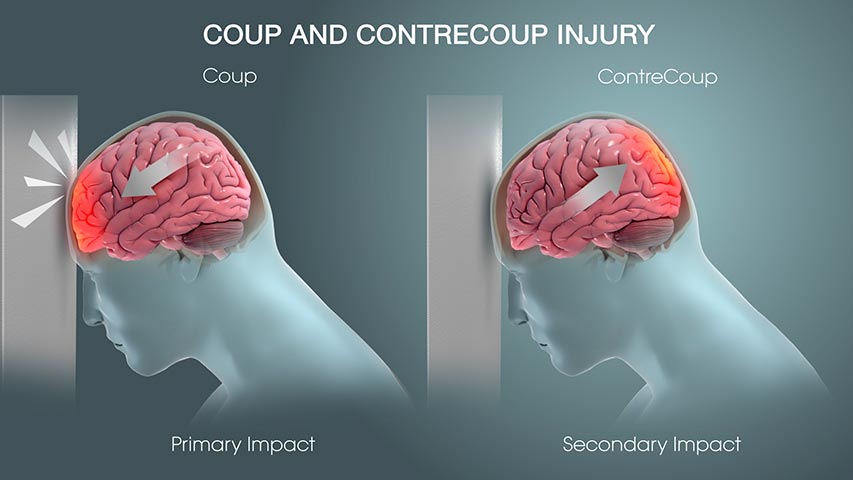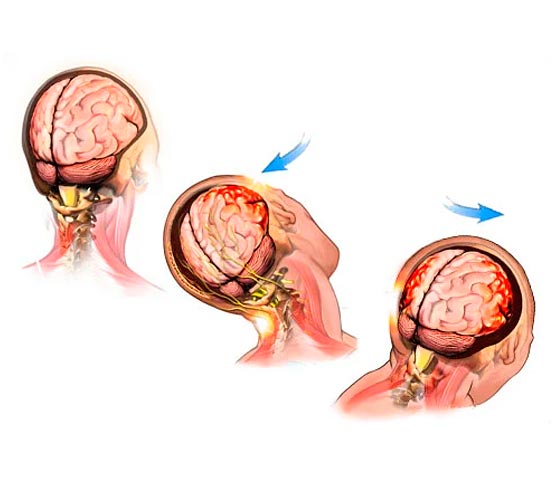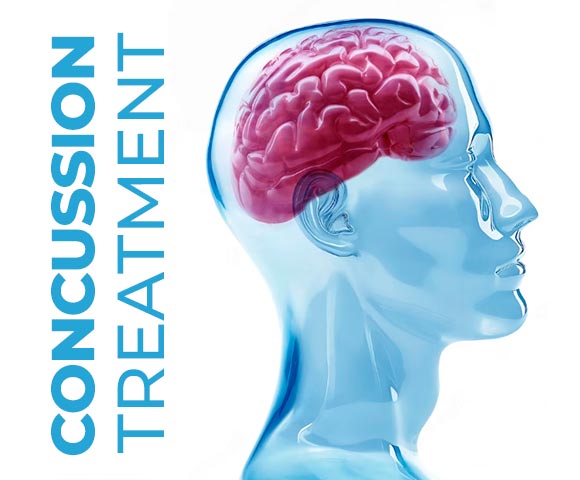Concussion treatment typically involves a combination of rest, symptom management, and monitoring for complications. Concussion symptoms can vary from person to person and may not always be immediately apparent. They can manifest shortly after a head injury or take some time to develop.
At Revolve Physiotherapy in Milton, Ontario, our team of specialists will be happy to welcome you! Certainly, we will provide the best diagnosis for a specialized and personalized treatment.
t’s crucial to recognize and seek medical attention for concussion symptoms, as they indicate potential brain injury.

Common concussion symptoms include:
- Headache: A persistent or severe headache is a frequent symptom of a concussion.
- Confusion: Individuals with a concussion often feel disoriented or confused. They may have trouble focusing or processing information.
- Memory problems: Short-term memory difficulties, such as not being able to remember events leading up to or following the injury, are common.
- Dizziness or balance problems: Feeling lightheaded, unsteady, or having trouble maintaining balance can occur.
- Nausea or vomiting: Some people with a concussion experience nausea and may even vomit.
- Sensitivity to light and noise: Bright lights and loud noises may exacerbate symptoms and cause discomfort.
- Irritability and mood changes: Concussions can affect mood, leading to increased irritability, anxiety, depression, or emotional ups and downs.
- Sleep disturbances: Changes in sleep patterns, such as difficulty falling asleep, excessive drowsiness, or sleeping more than usual, can occur.
- Visual problems: Blurred or double vision, difficulty focusing, and other visual disturbances may be present.
- Slurred speech: Some individuals with a concussion may have difficulty speaking clearly or coherently.
- Difficulty concentrating: It can be challenging to concentrate on tasks or conversations, and individuals may become easily distracted.
It’s important to note that these symptoms can vary in severity, and not all individuals will experience every symptom. Additionally, some symptoms may not appear until hours or even days after the injury. If you or someone you know displays any of these symptoms after a head injury or suspected concussion, it’s essential to seek medical attention promptly.

A healthcare provider can assess the injury, provide a proper diagnosis, and recommend appropriate treatment and monitoring to ensure a safe recovery. Ignoring concussion symptoms or returning to physical activity too soon can increase the risk of complications and prolong recovery time.
It’s essential to seek medical attention if you or someone you know experiences a concussion, as healthcare professionals can assess the severity of the injury and provide appropriate guidance.
Here are some key components of concussion treatment:
- Rest: Rest is crucial in the immediate aftermath of a concussion. Both physical and cognitive rest are recommended. This means avoiding physical activities, strenuous exercise, and mentally demanding tasks, including screen time and reading. Gradual return to these activities should be guided by a healthcare professional.
- Monitoring: Someone with a concussion should be monitored for any worsening of symptoms or the development of new symptoms, which could indicate a more serious brain injury. If symptoms worsen or if there is a loss of consciousness, seizures, severe headache, persistent vomiting, slurred speech, or weakness on one side of the body, seek immediate medical attention.
- Cognitive rest: It’s important to limit mental exertion, including tasks that require concentration and focus. This includes avoiding activities like studying, working on a computer, or playing video games until symptoms have resolved.
- Gradual return to activity: Once symptoms have improved and a healthcare professional has given the green light, a gradual return to physical and cognitive activities can begin. This process is often called “return to play” or “return to learn” and should be guided by a healthcare provider or concussion specialist to prevent re-injury.
- Follow-up care: Regular follow-up appointments with a healthcare professional are important to monitor the progress of recovery and address any lingering symptoms or concerns.
Remember that every concussion is unique, and the severity and duration of symptoms can vary from person to person. It’s essential to follow the guidance of a healthcare professional and not rush the recovery process to minimize the risk of complications or prolonged symptoms. If you or someone you know has suffered a concussion, consult a healthcare provider for personalized advice and treatment recommendations.
Concussion treatment in Milton. Call us 905 864.8181 and talk with our team!
